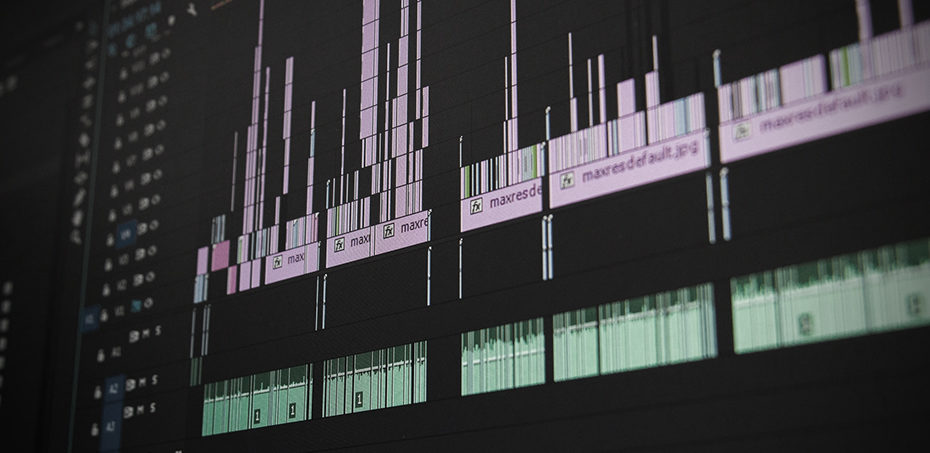A Digital Audio Workstation, more commonly shortened to its acronym; ‘DAW’, is a software application used to record, edit and produce music. Any person who owns a computer or laptop is likely to be able to run a DAW application. With several DAWs available for download, it can be difficult to know which one is right for you. So let’s take a look at the factors which should influence your decision.
Which DAW is right for me?
You have an idea in your head for a great song, or perhaps you wish to learn more about soft-synths? Or maybe you just need somewhere to record audio into? Whatever you endeavour to do, most DAWs will be more than capable of helping you out. If you are just starting out and have very limited knowledge of music production then it would be wise to opt for a free DAW or download a free trial of the various applications available. This will allow you to dip your toe in the water! Then see what you think before spending money on something you don’t need.
Ableton Live, Logic Pro (Mac), Pro Tools, FL Studio and Cubase are among the most popular paid DAWs and provide you with a multitude of tools and native plugins. Most paid DAWs also offer a free trial which can be varying in length. However, this gives insight into the latest version of the software.
GarageBand (Mac) and Audacity are two popular free applications. These are perfect for those who don’t require much from the software. For the purpose of recording and making simple edits – the free downloads will suffice your needs.
What is a DAW capable of?
Most DAWs are crammed full of innovative tools and usually there are far more functions than you will ever need! But it’s nice to know we have the option should we need it, right?
With a DAW, we have the ability to record live performances, create drum loops, design incredible patches in a soft-synth, edit samples and so very much more. It doesn’t matter which role you play; producers, DJ’s, composers, mastering engineers alike are all using some sort of DAW to execute their workflow.
Most applications are designed to incorporate external plugins (or VST’s) so you have unlimited resources to help get your projects to where they need to be.
Aside from writing music, recording audio and conjuring up groovy rhythms – you’ll need to manipulate the sound(s) to work well in the mix and translate well to a whole host of platforms/systems. This is where the DAWs in-house, native plugins help you to sculpt the sound, add awesome effects, automate parameters, chop up samples and mix down the project.
Can my computer run a DAW application?
This is an excellent question and you’d certainly be wise to ask yourself this before paying for any software. In most cases, downloading and installing a DAW shouldn’t be an issue – even for older or lower specification models. The real conundrum is knowing how the computer will cope as projects increase in size and become more elaborate. Again, this is another testimony to downloading a free trial before spending money.
If your computer does start to struggle with larger projects, there may yet be hope! There are numerous techniques you can implement to minimise strain on the CPU. Adjusting buffer sizes, bouncing down to audio and using buses are just a few methods which may just keep things moving. Even the highest performing systems have limitations and every producer at some point will encounter the frustratingly glitchy playback or system overloads. Learning to recognise what causes excessive CPU usage may just save you a lot of headaches and potentially the need to upgrade your gear!

Pingback: The Anatomy of the DAW - Different Displays Explained - SampleChilli
Pingback: What Is Mono In Music Production? Music Theory - SampleChilli
I started with garage band cos it was free, by the time I bought Logic Pro it was great cos I could get straight to it 😀
Awesome! Yes Logic is a really nice piece of software, one of my favourites. ~ David